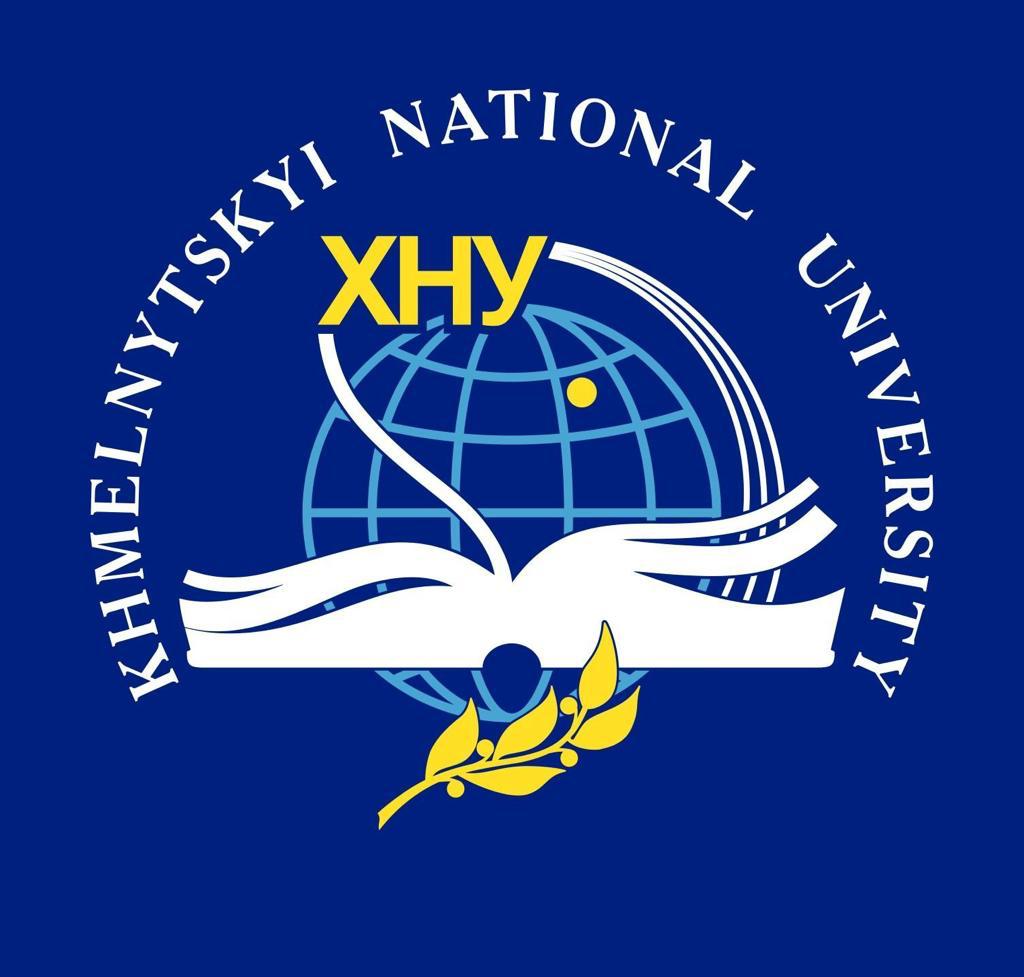FORMATION OF CORPORATE CULTURE OF THE OFFICERS OF THE ARMED FORCES OF UKRAINE: GOAL, TASKS, STRUCTURE
DOI:
https://doi.org/10.31891/pcs.2024.2.13Keywords:
corporate culture, organizational culture, officers, Armed Forces, army, personnel management, structureAbstract
The article defines the purpose of forming the corporate culture of officers of the Armed Forces of Ukraine, which is to create and implement a corporate culture that combines historical Ukrainian military traditions with the attitude to military service inherent in NATO countries.
The author formulates the main tasks of forming a corporate culture, which include: defining the goals and mission of military service; studying historical traditions and modern combat experience; analyzing the experience of NATO countries; generalizing the requirements of state documents; ensuring high-quality professional training; formulating rules of communication; developing ethical guidelines; establishing rules of interaction between the military and public authorities, NGOs, and other institutions; and promoting proper interaction with society and civilians.
Based on the tasks of forming an officer's corporate culture, its structure is built, reflecting the main features and essential elements of corporate culture. The structure consists of the following basic elements: historical traditions, a set of rules, professional components, and communication practices.
It is determined that the formation of corporate culture can be carried out in military institutions through relevant disciplines of both general and professional orientation, as well as by studying the traditions of the Ukrainian army and through educational activities.
The study of scientific sources and determination of the purpose and tasks of forming the corporate culture of an officer of the Armed Forces of Ukraine makes it possible to develop and substantiate the structure of this process and. as a result, to identify ways of effective activity in this direction. Taking into account the traditions, historical context, norms and rules that operate in modern conditions, in particular the requirements of the Statute of the Armed Forces of Ukraine, the professional component and the peculiarities of communication in military units, allows us to point out the importance of training officers in military institutions, during training and passing advanced training for development ability to form and maintain corporate culture.
References
Wilson, P. H. (2007). Defining Military Culture. The Journal of Military History, 72 (1), 11–41. doi:10.1353/jmh.2008.0041
Boreichuk, D. (2021). Formuvannia orhanizatsiinoi kultury maibutnikh ofitseriv-prykordonnykiv u protsesi profesiinoi pidhotovky [Formation of the Organizational Culture of Future Border Guards in the Process of Professional Training]. (Candidate’s thesis). National Academy of the State Border Service of Ukraine named after Bohdan Khmelnytskyi. Khmelnytskyi.
Holyk, M. (2016). Kodeks chesti ofitsera Zbroinykh syl Ukrainy yak chynnyk formuvannia korporatyvnoi kultury [The Code of Honor of an Officer of the Armed Forces of Ukraine as a Factor in the Formation of Corporate Culture]. Hileia, 108, 91–94.
Didenko, O. (2012). Sotsialno-psykholohichni chynnyky rozvytku orhanizatsiinoi (korporatyvnoi) kultury ofitsera-prykordonnyka [Socio-Psychological Factors of the Development of the Organizational (Corporate) Culture of the Border Guard Officer]. Visnyk Natsionalnoi akademii Derzhavnoi prykordonnoi sluzhby Ukrainy – Bulletin of the National Academy of the State Border Service of Ukraine, 5. Retrieved from: http://nbuv.gov.ua/UJRN/Vnadps_2012_5_35
Zakharchyn, H. (2011). Korporatyvna kultura [Corporate Culture]. Lviv. Retrieved from https://files.znu.edu.ua/files/Bibliobooks/Shavkun/0039632.pdf
Khodan,L. (2009). Struktura i sutnist korporatyvnoi kultury ofitsera [The Structure and Essence of an Officer’s Corporate Culture]. Visnyk Natsionalnoi akademii Derzhavnoi prykordonnoi sluzhby Ukrainy – Bulletin of the National Academy of the State Border Service of Ukraine, 2, 178–188.





